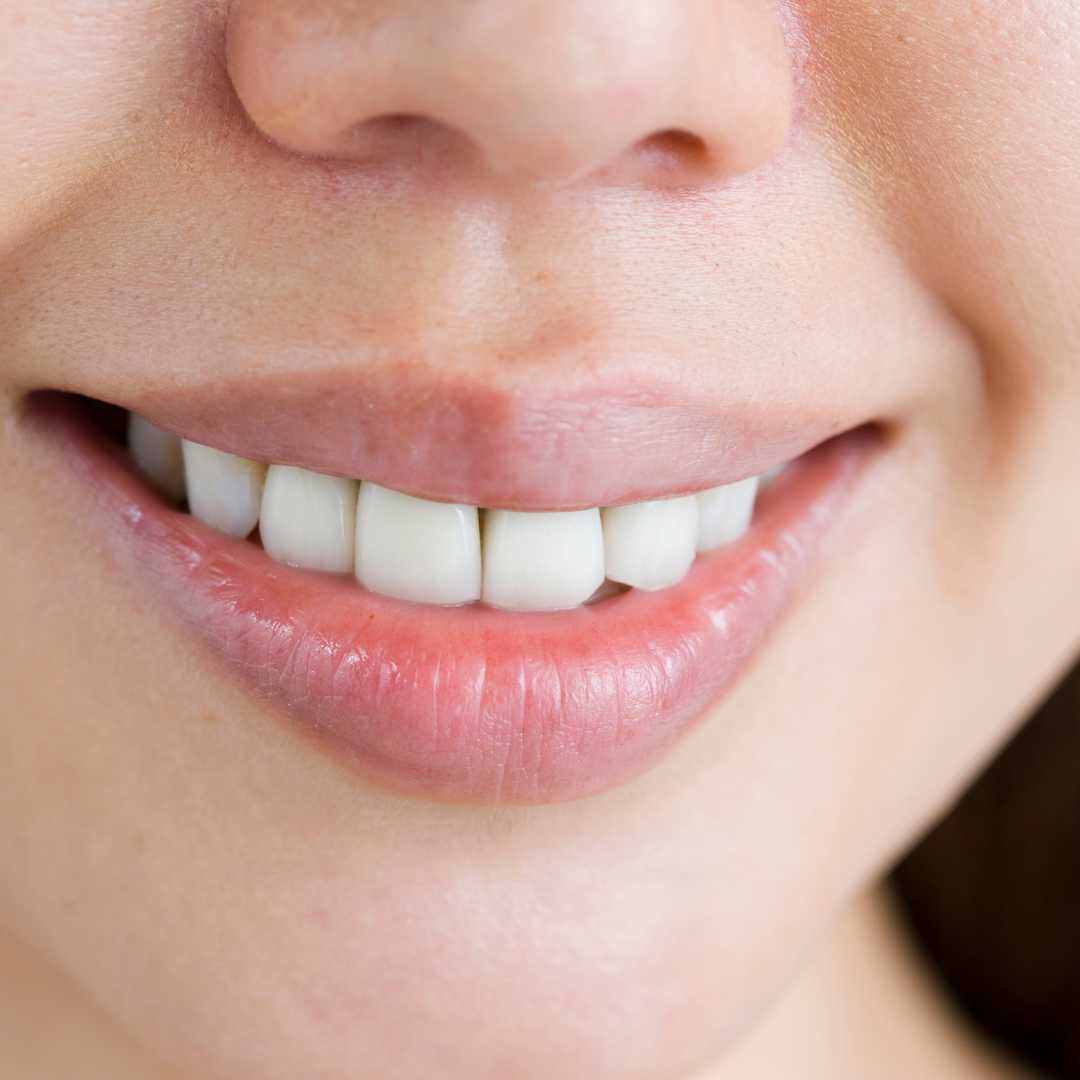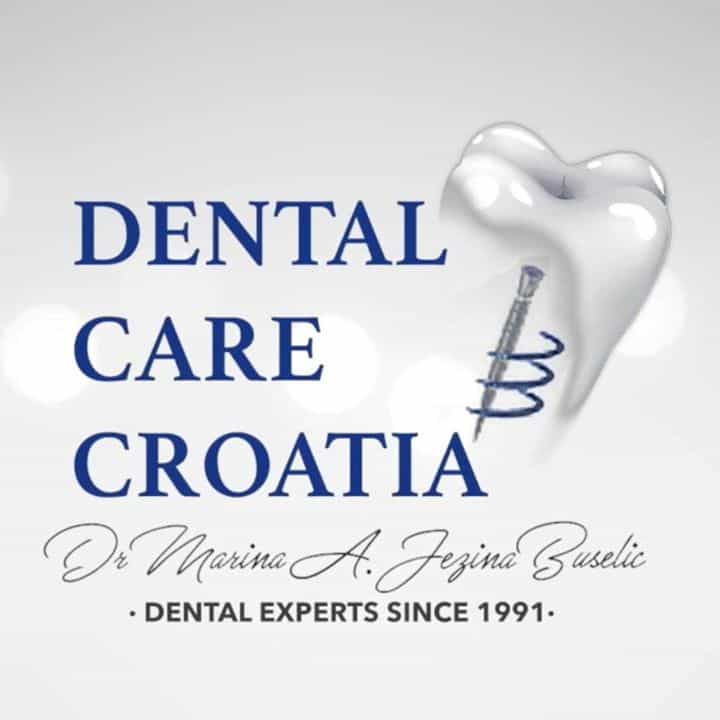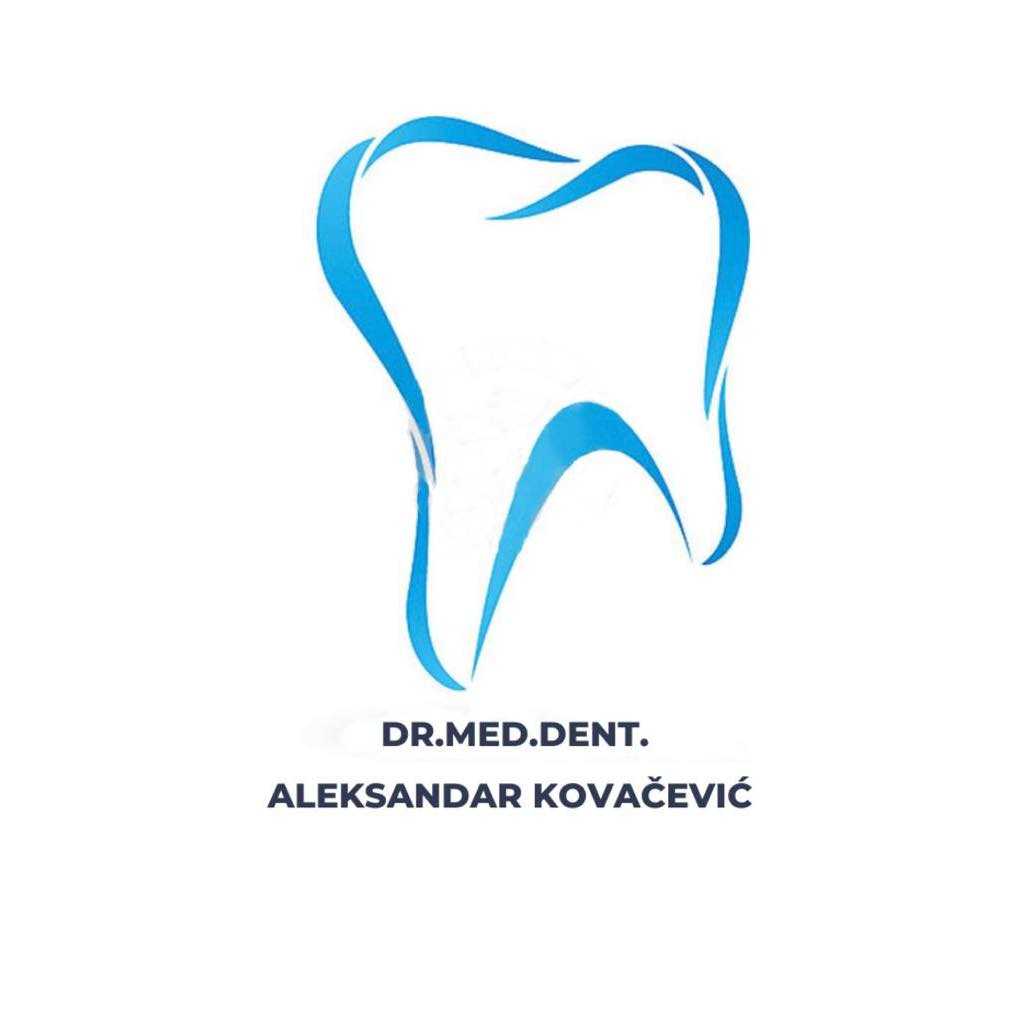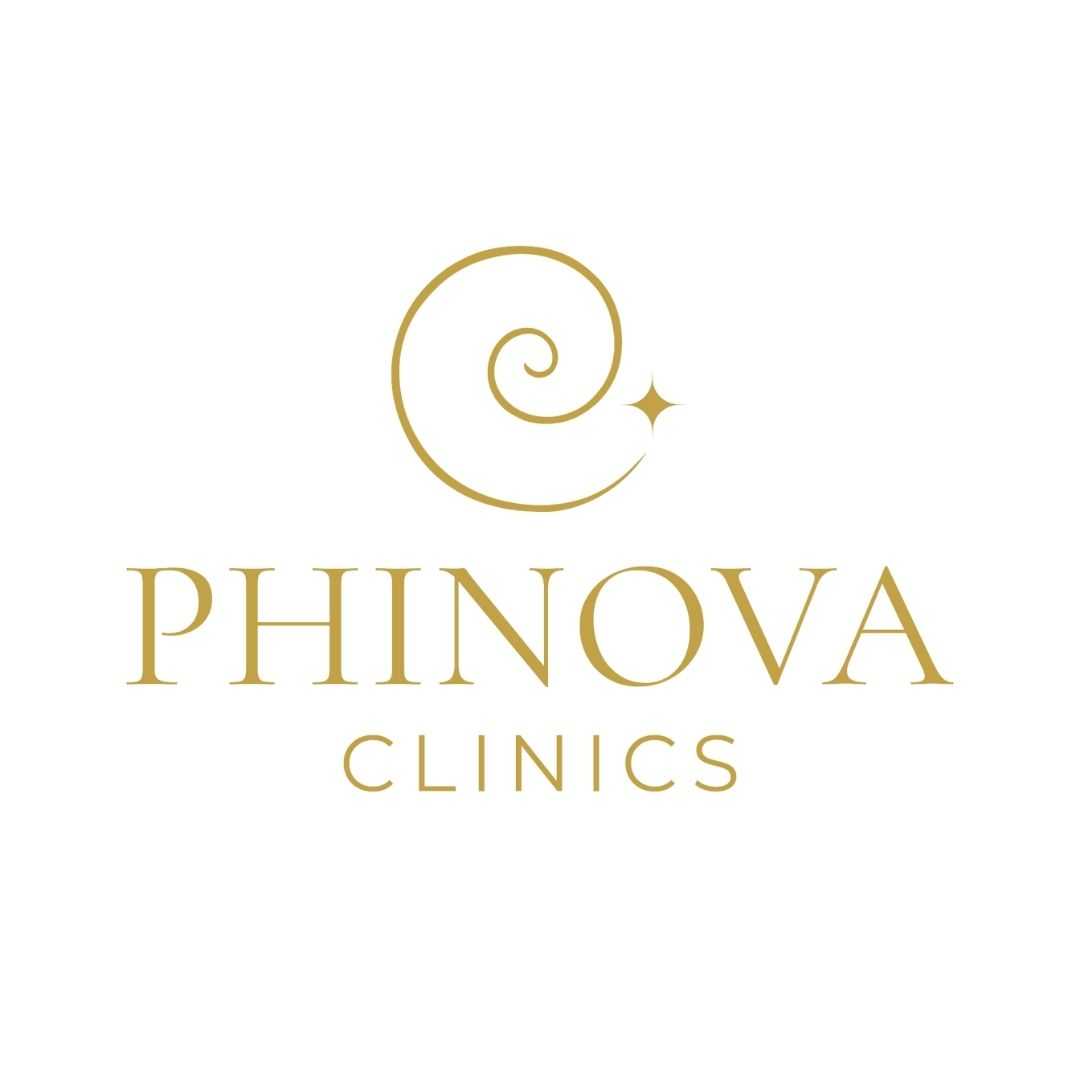A Guide to Veneers Cost in Croatia

Considering a smile transformation with dental veneers? You're not alone! Many people are looking for ways to achieve that perfect, bright smile, and exploring options abroad has become increasingly popular. If you're wondering about the cost of veneers in Croatia, you've come to the right place. Croatia has emerged as a leading destination for dental tourism, offering top-notch dental care at significantly more affordable prices compared to countries like the US or the UK. This comprehensive guide will answer all your burning questions about getting veneers in Croatia, from pricing and procedure details to safety and what to expect. We'll delve into the specifics, providing you with the information you need to make an informed decision about your dental journey.
How much do veneers cost in Croatia?
The cost of dental veneers in Croatia is one of the primary reasons patients choose this beautiful country for their smile makeover. On average, you can expect to pay between $250 and $550 per single veneer. This price range can vary based on several factors, including the type of material used (porcelain, composite, or zirconium), the specific dental clinic, the dentist's experience, and the complexity of your case.
For comparison, a single veneer in the US can cost upwards of $2,150, and in the UK, around €850. This means that by choosing Croatia, you could potentially save 70-90% compared to US prices and 50-75% compared to UK prices. Many clinics also offer packages for multiple veneers, which can further reduce the per-unit cost, often including additional perks like accommodation and transfers.
What types of veneers are available in Croatia?
When considering veneers in Croatia, it's important to understand the different types available, as each offers unique advantages:
- Porcelain Veneers: These are custom-made shells of ceramic material that are bonded to the front surface of the teeth. Porcelain veneers are highly durable, stain-resistant, and mimic the natural translucency of tooth enamel, providing an incredibly realistic and aesthetic result. They are a popular choice for their longevity and superior appearance.
- Composite Veneers: Also known as direct veneers, these are made from a tooth-colored resin material that is applied directly to the teeth and sculpted into shape by the dentist. Composite veneers are generally more affordable and can often be completed in a single visit. While not as durable or stain-resistant as porcelain, they are a good option for minor cosmetic corrections and can be easily repaired.
- Zirconia Veneers: Zirconia is a very strong and durable ceramic material, often used for crowns and bridges due to its strength. While less common for veneers than porcelain, zirconia veneers offer exceptional durability and can be a good option for patients who need extra strength or have specific bite issues. They are also highly biocompatible.
The choice of veneer material will depend on your specific needs, budget, and desired aesthetic outcome. Your dentist in Croatia will discuss the best option for you during your consultation.
How long does a dental veneer procedure take in Croatia?
The timeline for getting veneers in Croatia is generally efficient, making it convenient for international patients. Most procedures can be completed within a single trip, typically requiring two to three visits over a period of 3 to 7 days.
Here's a breakdown of the typical process:
- First Visit (Consultation and Preparation): During your initial visit, the dentist will conduct a thorough examination, take X-rays, and discuss your smile goals. If veneers are suitable, a small amount of enamel will be removed from the front surface of your teeth to make space for the veneers. Impressions of your teeth will then be taken and sent to a dental laboratory for custom fabrication. Temporary veneers may be placed to protect your prepared teeth.
- Second Visit (Bonding): Once your custom veneers are ready (usually within a few days), you'll return for the bonding appointment. The dentist will temporarily place the veneers to check their fit, color, and shape. After any necessary adjustments, the veneers will be permanently bonded to your teeth using a strong dental adhesive.
- Follow-up (Optional): Some clinics may recommend a follow-up visit a few days or weeks later to ensure everything is settling well and to address any minor concerns.
The exact duration can vary depending on the number of veneers being placed and the clinic's schedule.
Are dental veneers in Croatia safe?
Safety is a paramount concern for anyone seeking medical or dental treatment abroad. When it comes to dental veneers in Croatia, you can rest assured that many clinics operate with high safety standards. Croatia's dental tourism sector has grown significantly, leading to increased investment in modern facilities, advanced technology, and continuous training for dental professionals.
Many Croatian dental clinics are internationally accredited and comply with European Union healthcare directives. Dentists are often highly educated, experienced, and fluent in English, making communication smooth and effective. They use high-quality materials and follow strict sterilization protocols. It's always recommended to research clinics thoroughly, read patient reviews, and verify their accreditations before making a decision. Choosing a reputable clinic ensures you receive safe and effective treatment.
What should I expect during the dental veneer consultation in Croatia?
Your initial consultation for veneers in Croatia is a crucial step in your smile transformation journey. It's an opportunity for your dentist to assess your oral health and for you to communicate your desires. Here's what you can typically expect:
- Comprehensive Examination: The dentist will perform a thorough examination of your teeth, gums, and overall oral health. This may include taking digital X-rays, photographs, and possibly 3D scans to get a complete picture of your dental structure.
- Discussion of Goals: You'll have an in-depth conversation with your dentist about your aesthetic goals. What do you want to achieve with veneers? Do you want to correct discoloration, chips, gaps, or misaligned teeth? The dentist will listen to your concerns and provide professional advice.
- Treatment Plan and Options: Based on the examination and your goals, the dentist will propose a personalized treatment plan. They will explain the different types of veneers suitable for your case, the number of veneers needed, the procedure steps, and the estimated timeline.
- Cost Breakdown: A transparent breakdown of the costs involved will be provided. This will include the price per veneer, any package deals, and what is included in the total cost (e.g., temporary veneers, follow-up appointments).
- Questions and Concerns: This is your chance to ask any questions you have about the procedure, recovery, or aftercare. A good clinic will ensure all your concerns are addressed before you proceed.
What are the benefits of getting veneers in Croatia?
Choosing Croatia for your dental veneers comes with a multitude of advantages that extend beyond just cost savings:
- Affordability: As highlighted, the cost of veneers in Croatia is considerably lower than in many Western countries, making a beautiful smile more accessible.
- High-Quality Care: Croatian dental clinics are equipped with state-of-the-art technology and adhere to high international standards of dental care. Many dentists have received training abroad and are highly skilled.
- Experienced Professionals: The growing dental tourism industry in Croatia has fostered a pool of experienced and specialized dentists who are adept at performing cosmetic procedures like veneer placements.
- Modern Facilities: You'll find modern, well-maintained clinics that prioritize patient comfort and safety, often featuring advanced diagnostic and treatment equipment.
- Dental Tourism Experience: Croatia is a stunning country with a rich history, beautiful coastlines, and vibrant cities. Patients can combine their dental treatment with a relaxing vacation, exploring its attractions before or after their procedure. Many clinics offer all-inclusive packages that cover accommodation and transfers.
- English-Speaking Staff: A significant number of dental professionals and clinic staff in Croatia are proficient in English, ensuring clear communication throughout your treatment.
- Quick Turnaround: The efficient scheduling and laboratory processes mean that your veneer procedure can often be completed within a single, relatively short trip.
What are the risks associated with dental veneers?
While dental veneers are a safe and effective cosmetic solution for most people, it's important to be aware of potential risks, though they are generally rare, especially when performed by experienced professionals:
- Increased Tooth Sensitivity: Some patients may experience temporary or, in rare cases, prolonged sensitivity to hot or cold temperatures after veneer placement, due to the removal of a thin layer of enamel.
- Veneer Damage: Although durable, veneers can chip or crack, especially if subjected to excessive force, such as biting on hard objects or teeth grinding (bruxism).
- Irreversibility: The process of preparing teeth for veneers involves removing a small amount of enamel, which is irreversible. This means that once you have veneers, you will always need to have them or a replacement.
- Poor Fit: If veneers are not perfectly fitted, they can cause gum irritation or lead to plaque accumulation, increasing the risk of cavities. This highlights the importance of choosing a skilled dentist.
- Color Mismatch: While dentists strive for a perfect match, there's a slight risk of the veneer color not perfectly blending with adjacent natural teeth, especially if only a few veneers are placed.
- Infection: As with any dental procedure, there's a minimal risk of infection, though this is significantly reduced with proper sterilization and aftercare.
Choosing a reputable clinic and following post-procedure care instructions diligently can minimize these risks.
How long do dental veneers last?
The longevity of your dental veneers largely depends on the material used and how well you care for them.
- Porcelain Veneers: These are known for their durability and can last anywhere from 10 to 15 years, and sometimes even longer, with good oral hygiene and regular dental check-ups. Their resistance to staining also contributes to their long-term aesthetic appeal.
- Composite Veneers: Being less durable than porcelain, composite veneers typically last between 5 to 7 years. They may be more prone to chipping or staining and might require more frequent repairs or replacements.
To maximize the lifespan of your veneers, it's crucial to:
- Maintain excellent oral hygiene, including regular brushing and flossing.
- Avoid biting on hard foods or objects (e.g., ice, nuts, pen caps).
- If you grind your teeth (bruxism), wear a night guard to protect your veneers.
- Attend regular dental check-ups and cleanings.
Can veneers correct crooked teeth?
Dental veneers can be an excellent solution for correcting mildly crooked or misaligned teeth, offering a "instant orthodontics" effect. By bonding custom-shaped veneers to the front surface of your teeth, the dentist can create the illusion of a straighter, more uniform smile. This is particularly beneficial for individuals who have minor gaps, slight overlaps, or teeth that are not perfectly aligned but do not wish to undergo lengthy orthodontic treatment.
However, it's important to note that veneers are not suitable for severe cases of misalignment or bite issues. In such situations, orthodontic treatments like braces or clear aligners would be the more appropriate and effective solution to physically move the teeth into their correct positions. Your dentist in Croatia will assess the severity of your misalignment during the consultation and advise whether veneers are a viable option for you.
Do veneers stain easily?
The stain resistance of dental veneers depends significantly on the material they are made from:
- Porcelain Veneers: Porcelain is a non-porous, glass-like material, making it highly resistant to stains from coffee, tea, red wine, and other common staining agents. This is one of the key advantages of porcelain veneers, as they maintain their bright, natural appearance for a long time.
- Composite Veneers: Composite resin, on the other hand, is a porous material, similar to natural tooth enamel. This means that composite veneers are more susceptible to staining over time, especially with regular consumption of staining foods and drinks. They may require more frequent polishing or even replacement if significant discoloration occurs.
Regardless of the veneer type, maintaining good oral hygiene and limiting exposure to highly staining substances can help preserve their appearance. Regular dental cleanings are also essential to remove any surface stains that may accumulate.
Ready to transform your smile with high-quality, affordable dental veneers? Explore the excellent options available through PlacidWay, your trusted partner in medical tourism. Visit PlacidWay today to connect with top-rated clinics in Croatia and discover personalized solutions for your dental health and aesthetic needs.


.png)







.png)






Share this listing